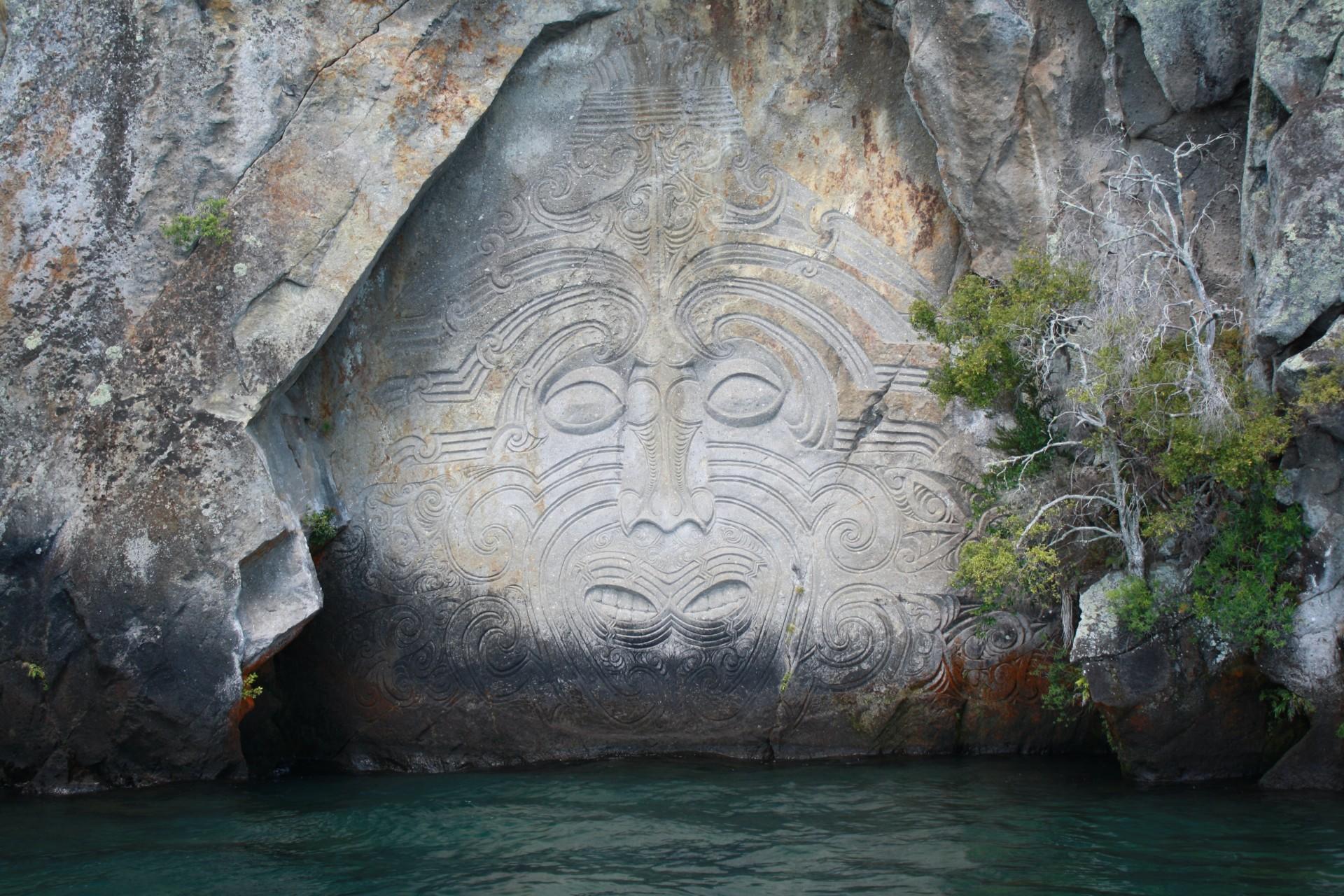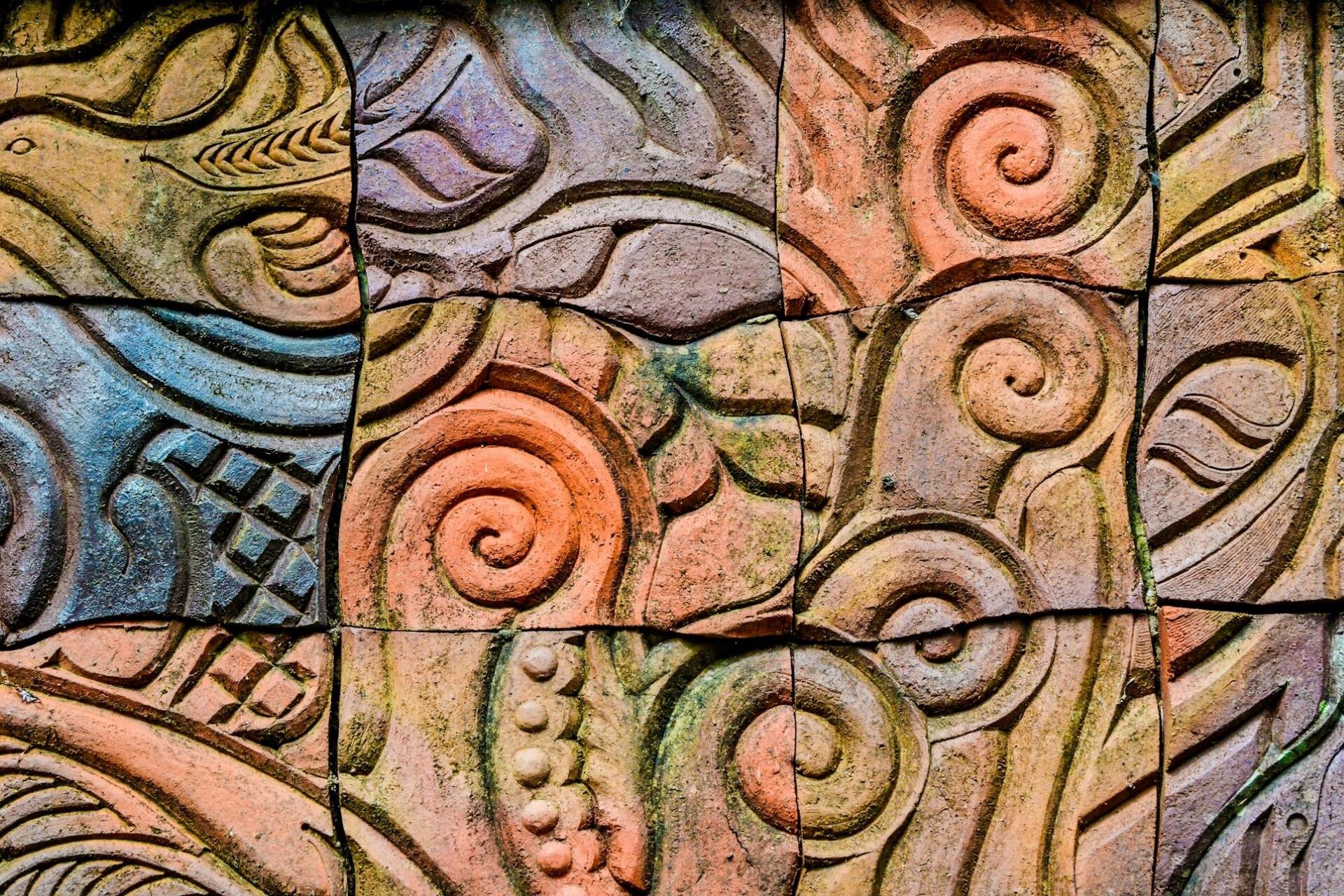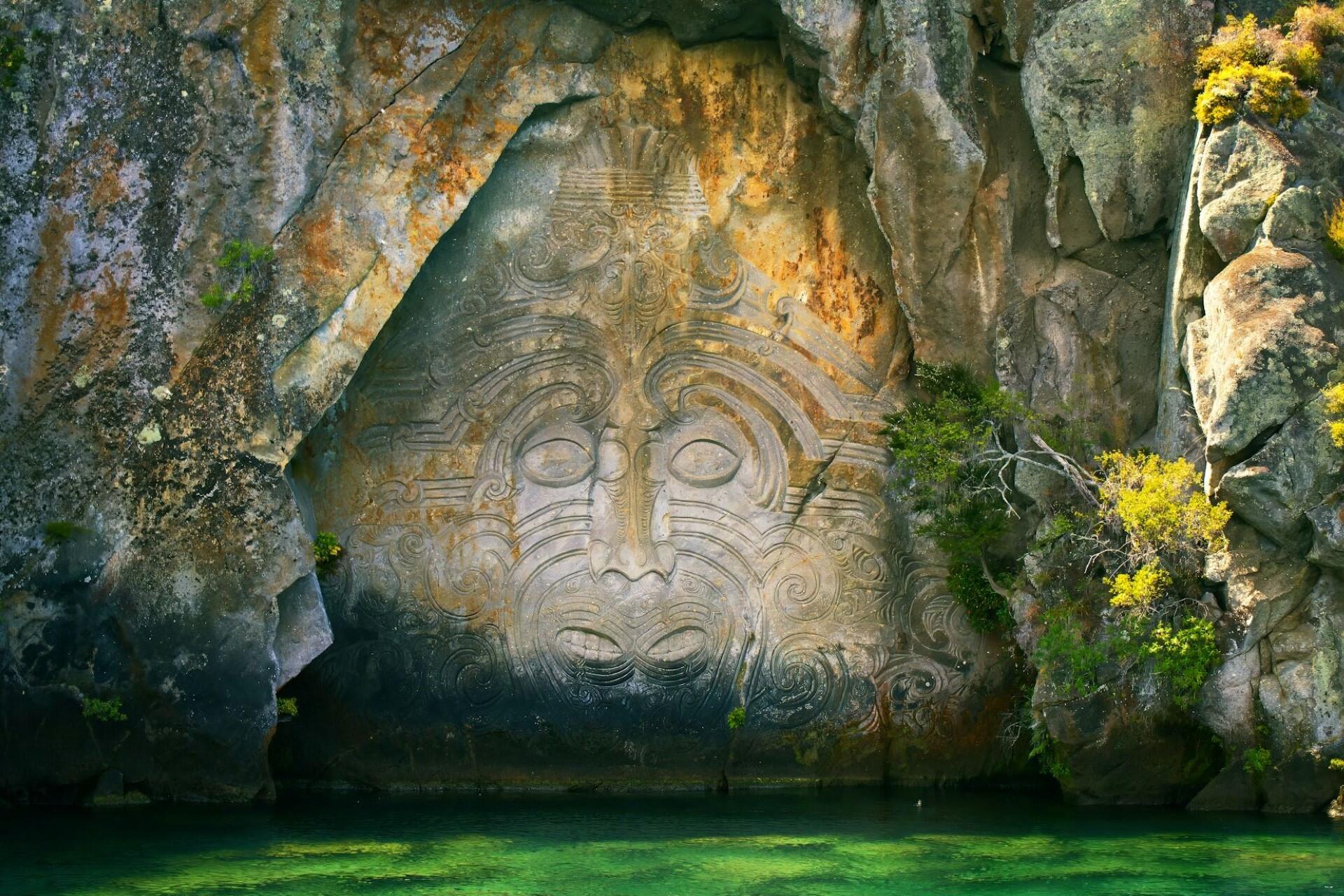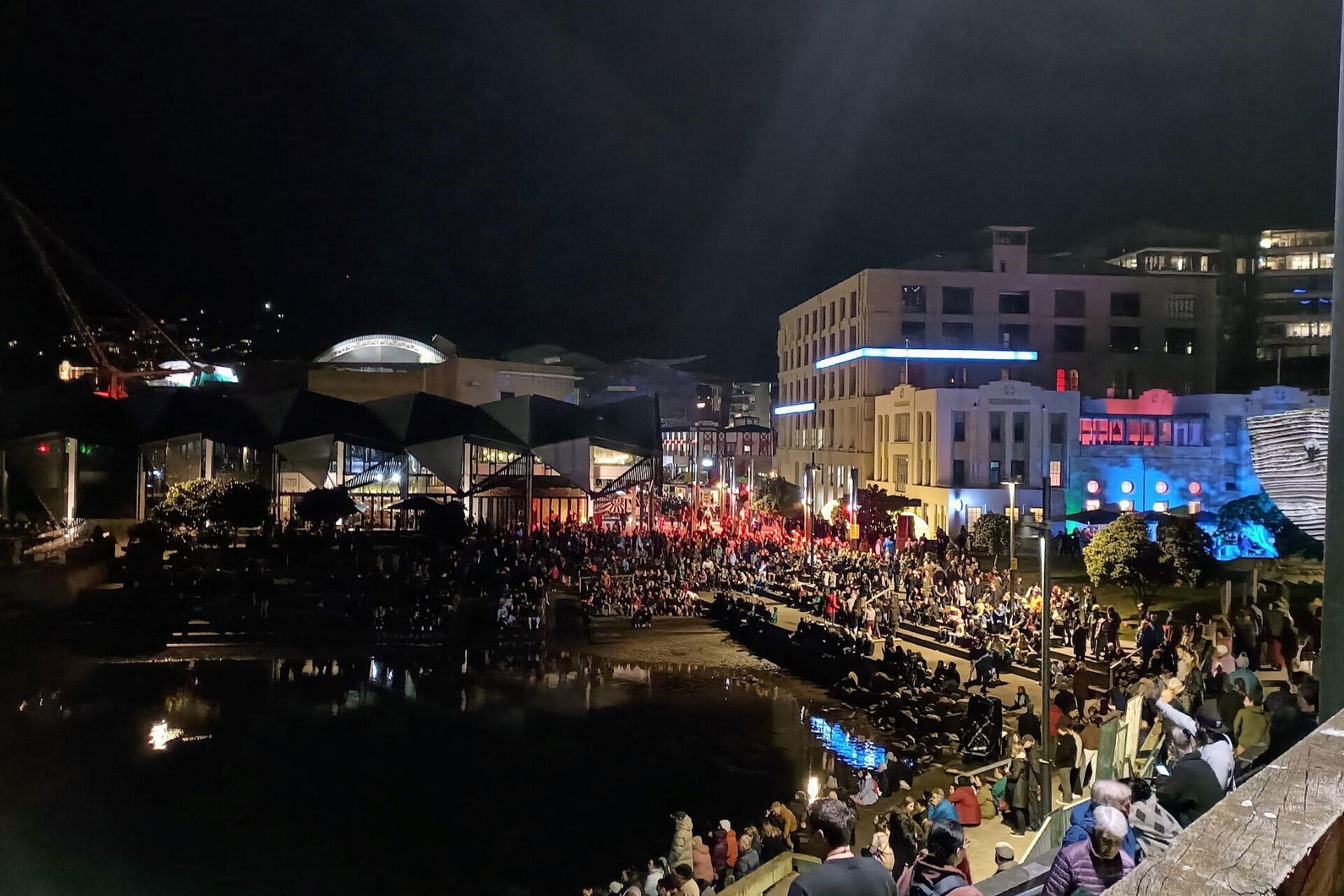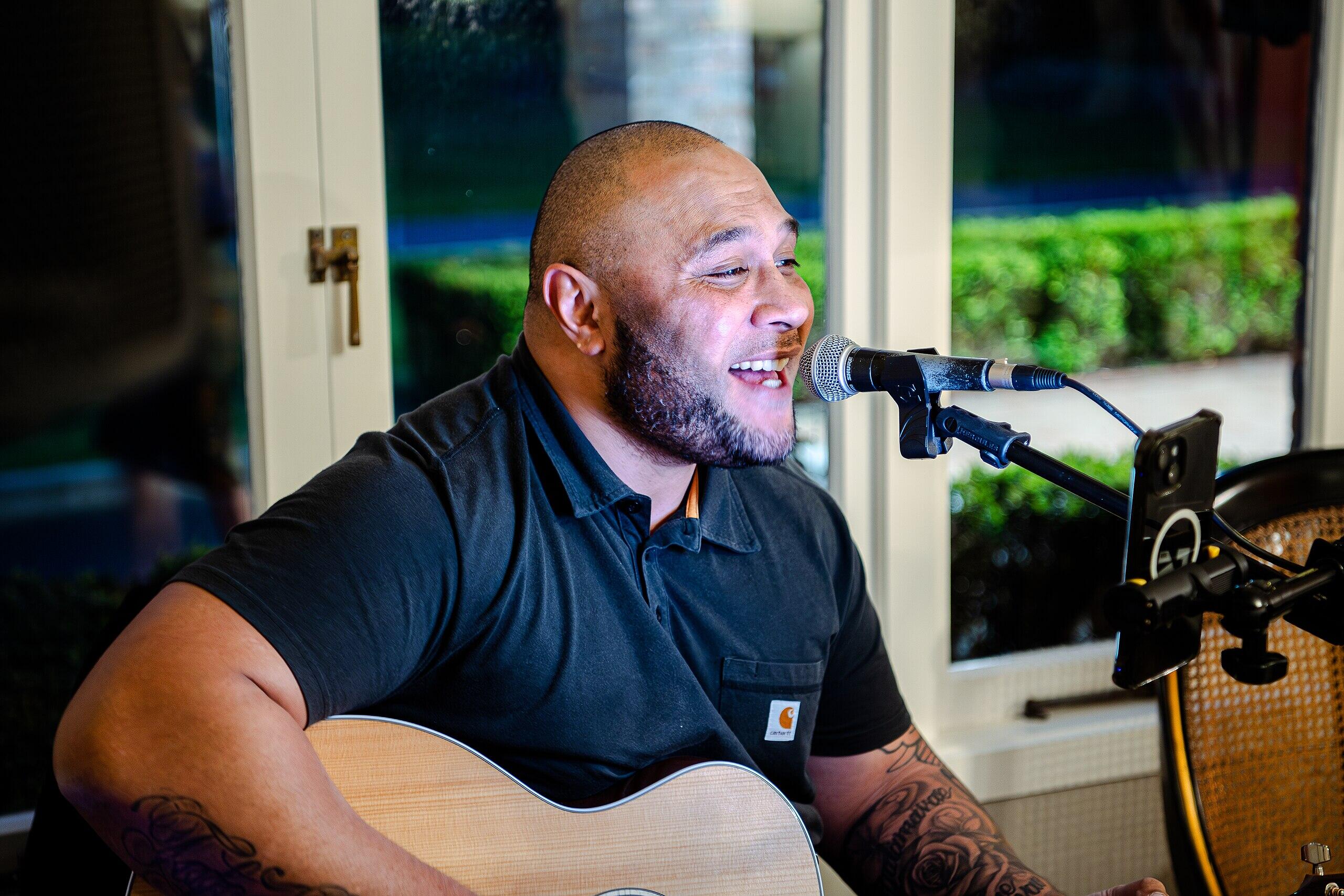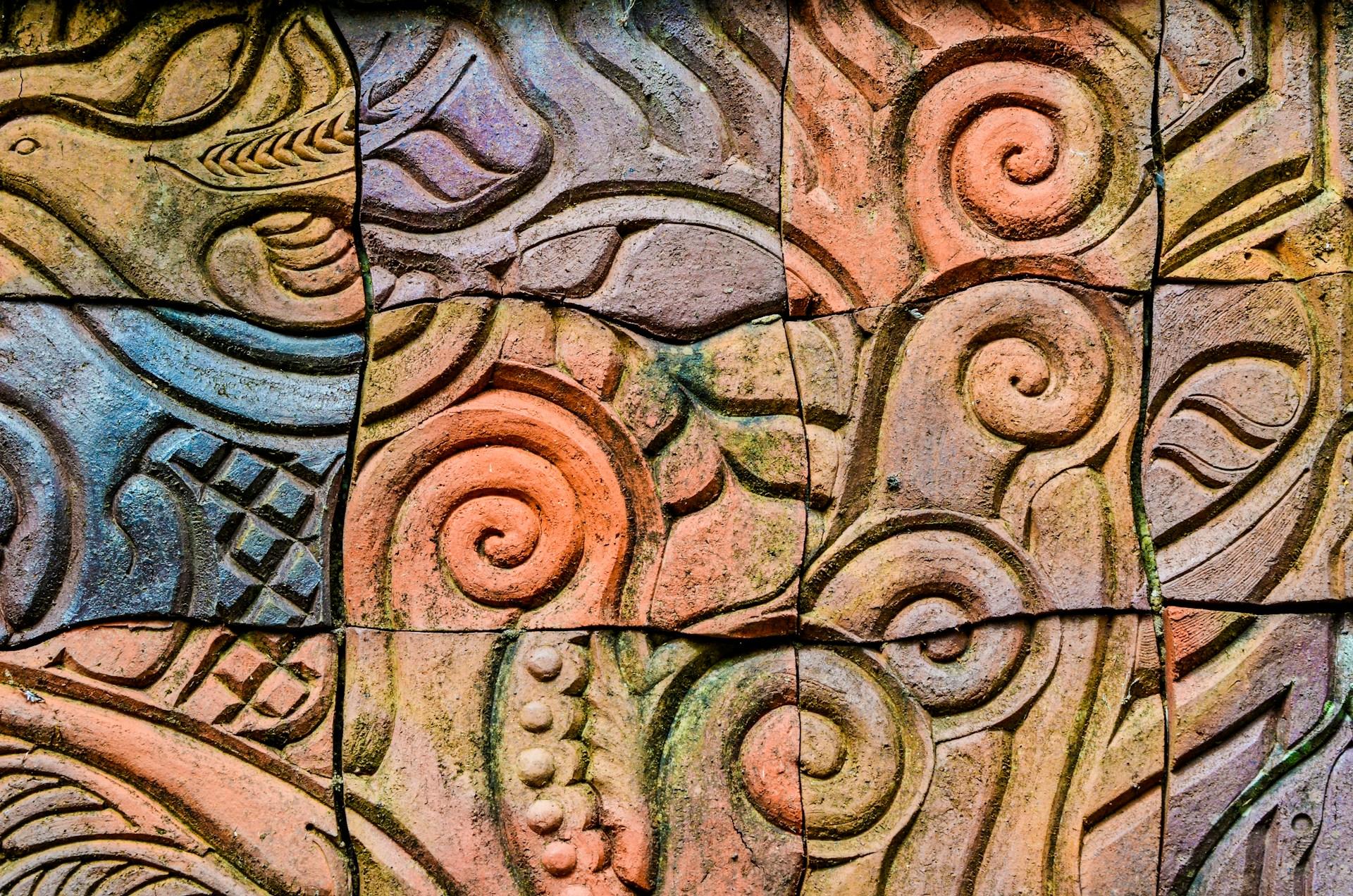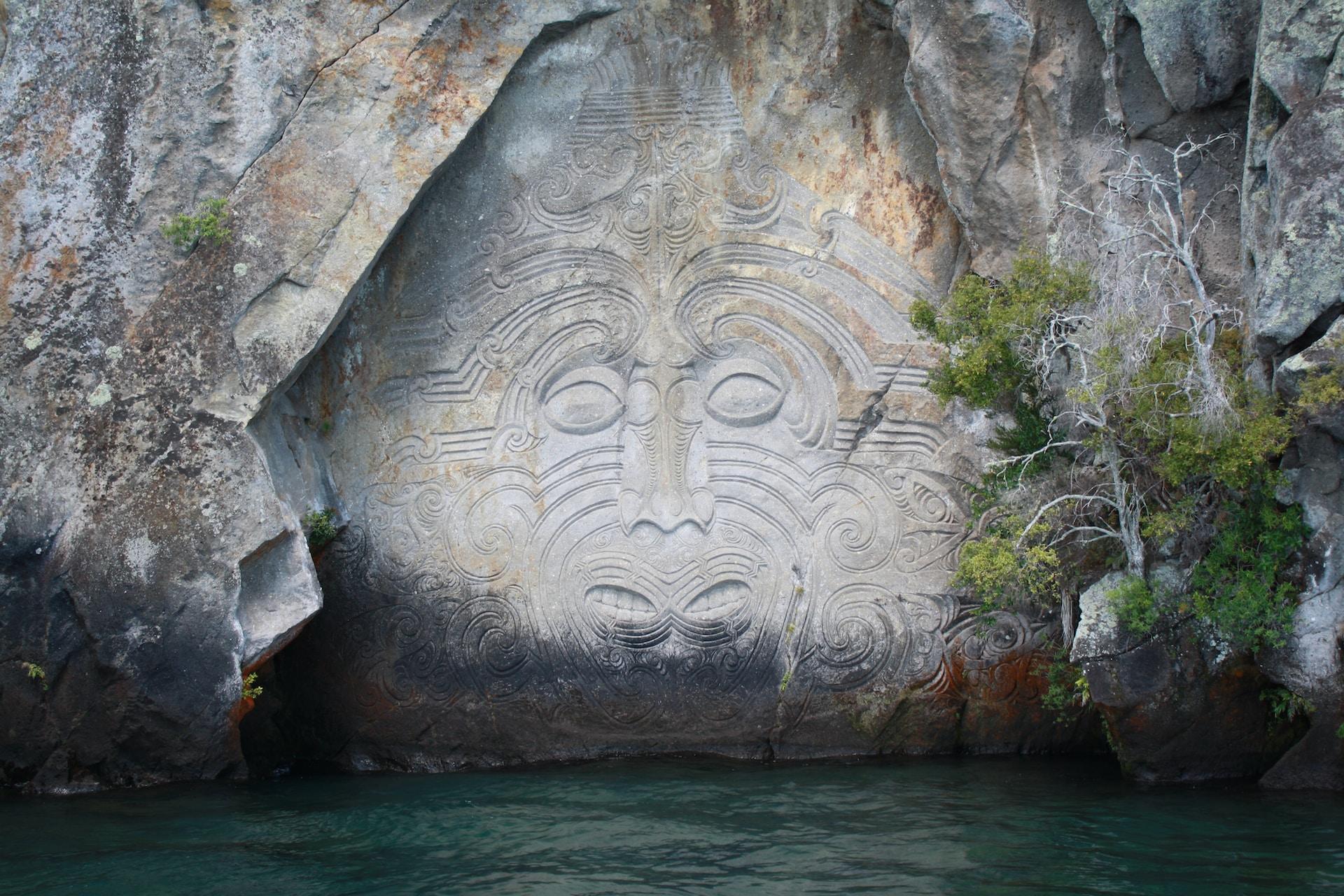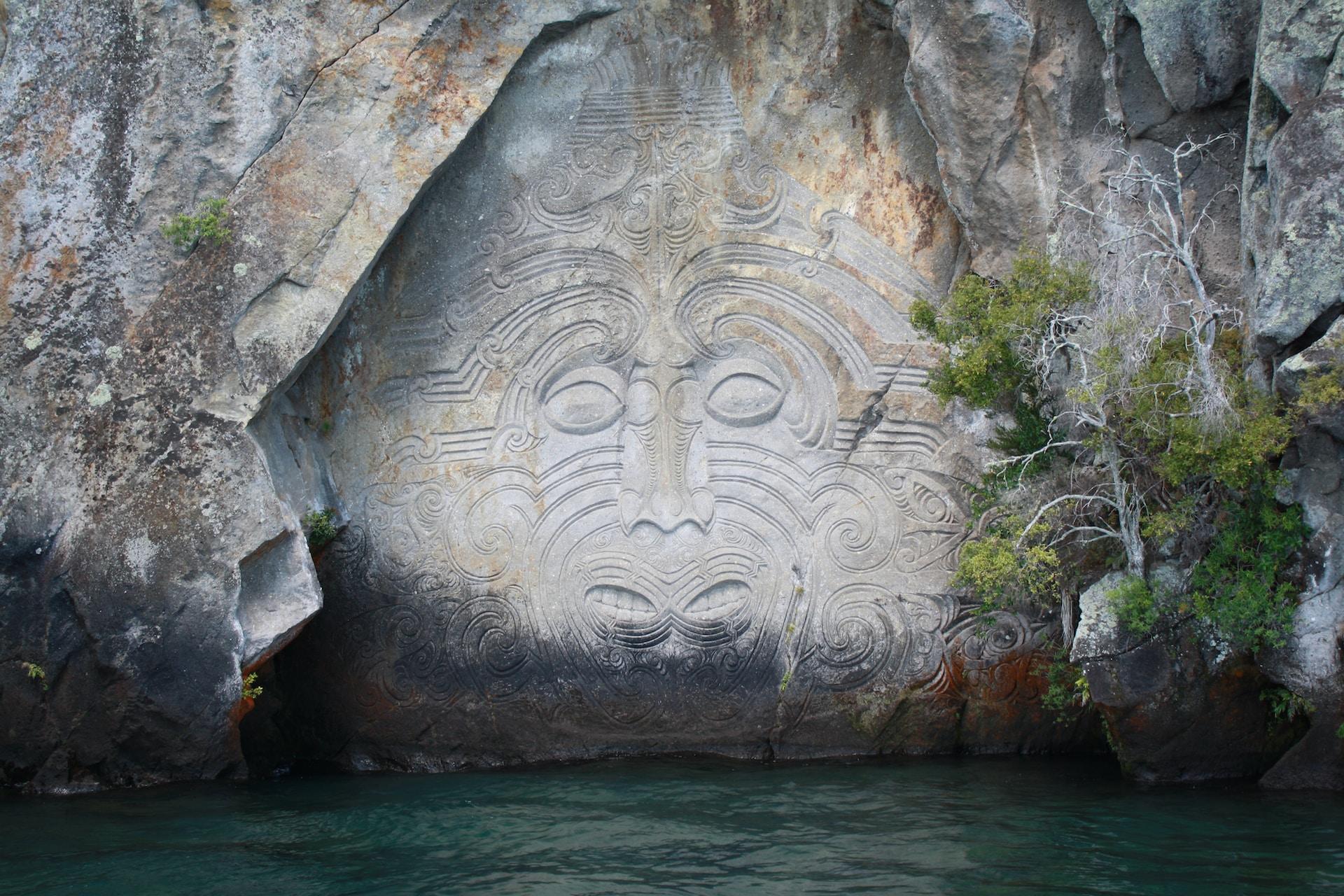Regardless of the country you live in, understanding its history and traditions is essential to having a sense of belonging and behaving consciously as a citizen.
Many of the social processes of modern society have their roots in the past, so learning more about your country's development through history will ultimately help you better understand its present.
The Maori people play a very important role in New Zealand's past and culture. They arrived in the North and the South island long before European settlers, and their cultural and linguistic traditions are present in our daily lives in the form of names, expressions and customs.
However, while many New Zealanders are aware of their Maori heritage, many are not sufficiently aware of it, despite government initiatives.
Some do not find Maori-related topics interesting enough, while others simply have not had the opportunity to learn more about Maori.
In both cases, learning some facts about the Maori people can be a great idea, as it is a fascinating subject when you start researching it, and it will make you much more informed.
But what is the best way to find out more about the Maori people of New Zealand? You can do it by learning the Maori language, reading books, attending Maori festivals or simply meeting people living on the land. Here is more about these options.

Why study the Maori language?
Although the Maori language is official in New Zealand, the language used by most New Zealanders in everyday communication is English.
English is also a very important international language, spoken daily by millions of people around the world, and provides access to a huge range of literature and other sources and information.
Students may therefore ask a logical question: isn't it easier to simply read about Maori history and traditions in English without learning the Maori language? In reality, it is not that simple.
While people can, of course, explore any subject in any language, languages still play an important cultural role. So if you are interested in learning about a particular cultural universe, you will get a much deeper insight into it if you study the language in which it originally developed.
One example of how the Maori language can help you better understand different aspects of Maori heritage is through names. Maori place names and proper names are often not just conventions, but also have a specific meaning.
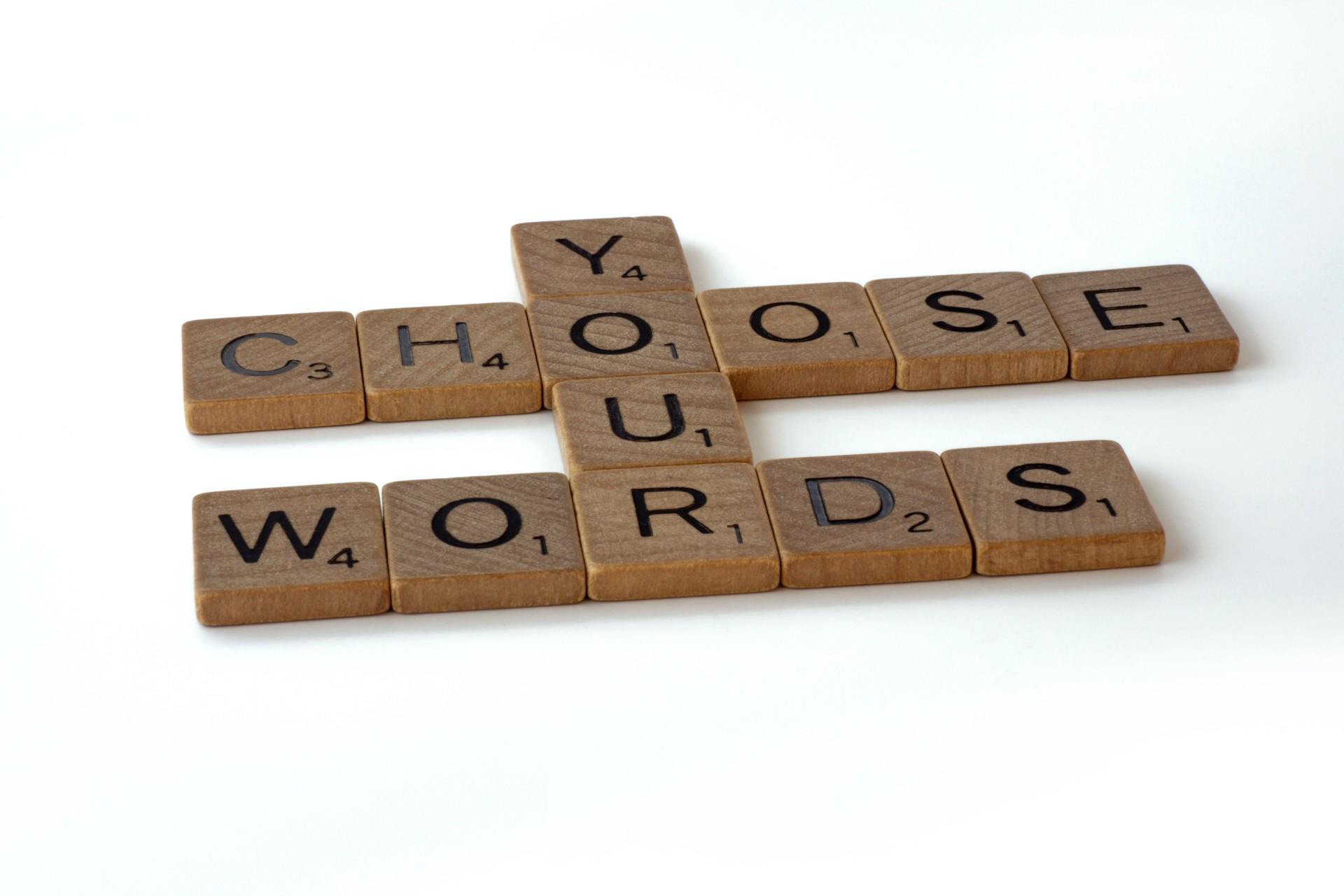
For example, Aotearoa, the Maori name for New Zealand, is composed of the words ao ("cloud"), tea ("white") and roa ("long"). And Te Waipounamu possibly means "green stone water (waters)".
By learning the Maori language, students can not only learn important names and words by heart but also appreciate its poetry and beauty. This makes learning about New Zealand, its traditions and its people much more meaningful and makes remembering important facts much easier.
So, even if your main goal is to get more knowledge about New Zealand, te reo lessons can be worth your time and money. In addition, Maori te reo is a language spoken by thousands of people in New Zealand and you can use it to communicate.
Find out more about the Maori language from our article.
Exploring Maori history
Maori history dates back more than 800 years and there is much to discover about it. However, students should not be overwhelmed by the amount of information.
In fact, an interest in the Maori people and their traditions does not mean that you have to find out everything about them. For example, there are several possible ways of approaching the subject, so you can simply choose the one that suits you best and enjoy learning. Here are some of the possible ways.
If you are not studying Maori history for school or university and are not looking forward to exams, a good approach to the subject is simply to focus on the topics you find most interesting.
As you get to know about key events such as the signing of the Treaty of Waitangi, you are likely to find out about other events that happened before and after that date, so you may end up learning more than someone who studies the past chronologically.
However, a chronological approach is not necessarily a bad thing if you like systematic learning or if you have to take an exam in the subject. You can start with an introductory book that briefly describes the whole time period and then read more detailed works that deal with each historical period individually.
Finally, another great way to improve your knowledge of New Zealand history is to spend time with people who know about the subject, like land laws or European settlement. Of course, they are unlikely to take a particular approach to the conversation but are more likely to touch on a variety of topics spontaneously.
You can already prepare for conversations about Maori by reading our article on the topic and exploring the North and the South Islands.
This can be confusing at times, but if you try to listen carefully and do a bit of research afterwards to find out more about the points you don't understand, you can end up greatly expanding your knowledge of Maori history and even form your own opinions on some topics, like land.
And if you ever need help learning about Maori traditions in general or about specific periods, Superprof's tutors are always happy to lend a hand and help you deepen your knowledge in a fun way.
Use Maori greetings
One of the most common contexts in which Maori phrases are used in New Zealand instead of English is in greetings. These are the most important phrases to master, as they are heard almost every day.
One phrase that every native speaker of the tongue probably knows is kia ora. It literally means "be well" or "have a nice life" and can be used, like the English "hello", at any time of the day to greet a single woman or man.
If more than one person is to be greeted, tatou can be added to the end of the phrase, making kia ora tatou meaning "hello to all".
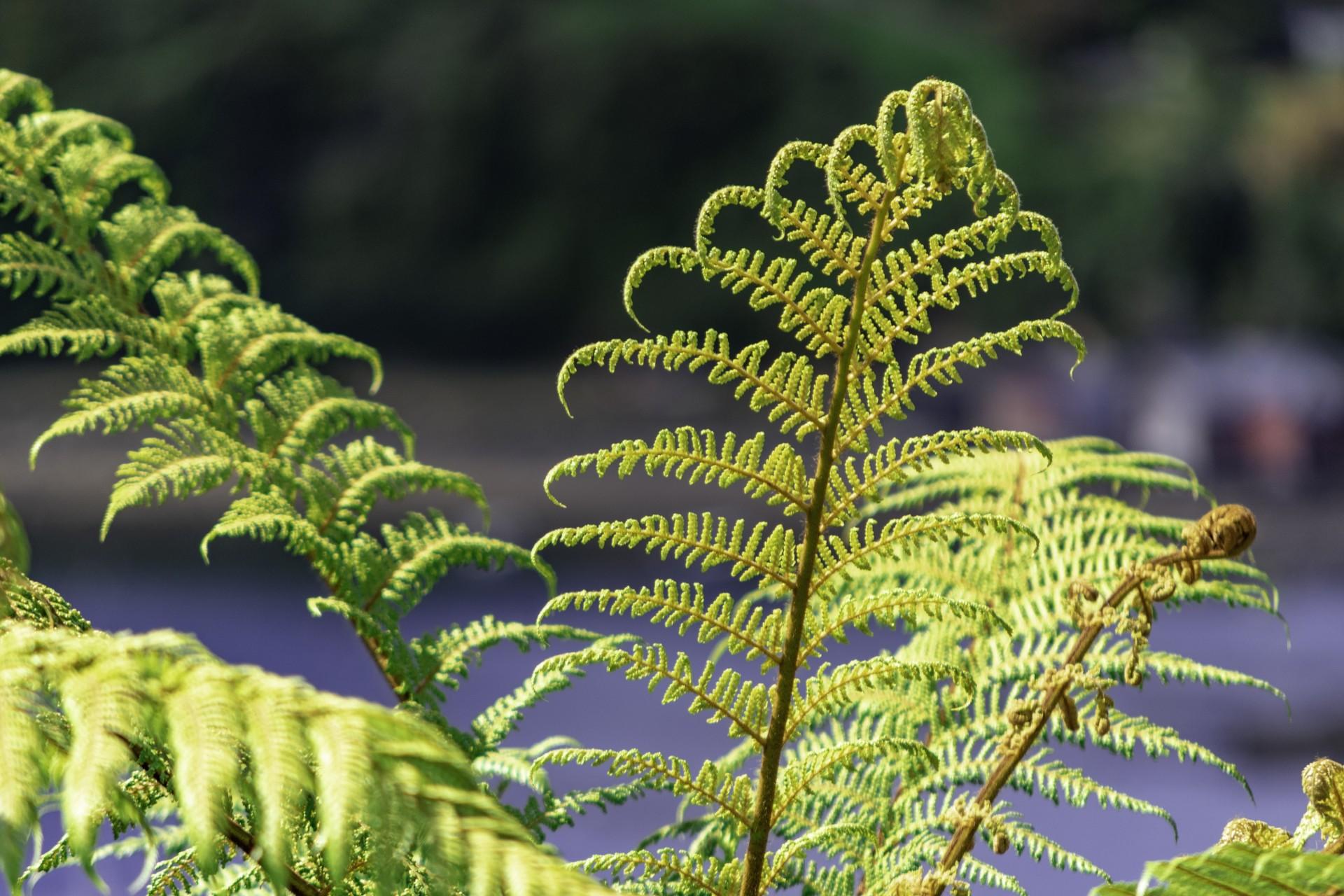
Kia ora is a great Maori phrase to start with and you can use it for a while until you get used to it. However, if at some point you want more variety, you can also use tena keo ('hello to you') and tena koutou ('hello to everyone').
Try listening to the audio recording of your pronunciation a few times and you can start using the two different phrases to greet someone in te reo.
How to say hello
Now that you know how to greet someone in Maori, it is useful to pick up another expression you can use when someone comes from somewhere else.
Nau mai, haere mai can be used in the same way as "welcome" in English. It's actually a bit longer than its English equivalent, but if you make the effort to learn it, your guests will be very flattered.
And if you find the whole expression too complicated, you can also simply say nau mai or haere mai to greet people.
Greeting in Maori is easy and, with a little practice, it won't take you long to master it.
How are you?
Greeting someone is already a good way to start a conversation, but you'll seem much more polite if you ask them how they are. And it's just as easy to do.
So, the most common phrase for "How are you?" in Maori is kei te pēhea koe? You can say it right after the person has greeted you, and they will usually answer kei te pai before asking you the same question.
These two phrases are usually enough to start the conversation in a friendly way and show that the person you are talking to is important to you.
However, if you feel very good when you are asked the question and want to share your positive mood, you can also say tino pai (very good) instead of kei te pai.
You can say one or the other phrase from time to time and it will not only be good for your Maori language skills, but also for your memory.
You can learn even more expressions on Superprof.
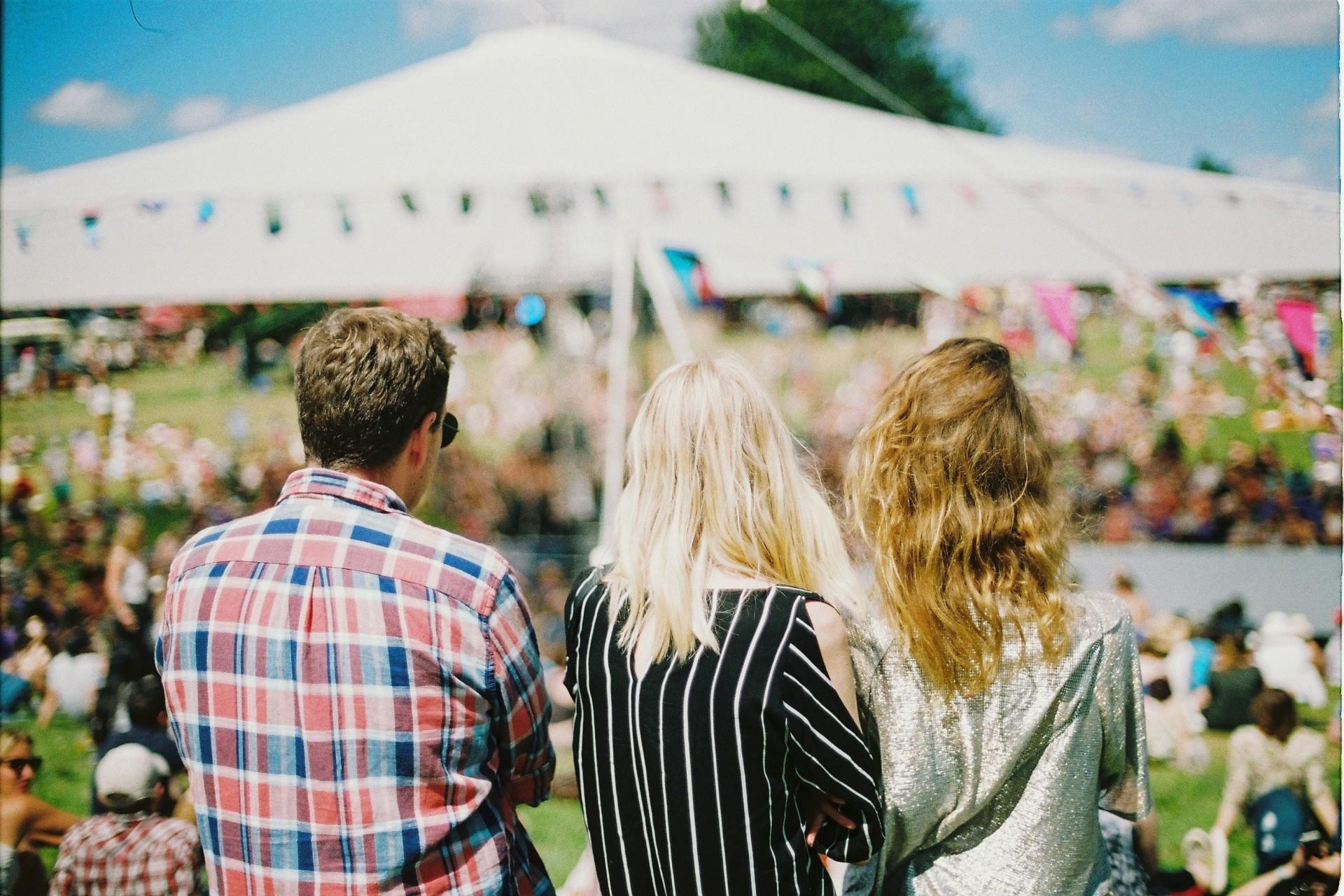
Maori festivals
Maori culture is an important part of New Zealand culture and learning about it can be an excellent way to develop a deeper connection with the country, including the North and the South Islands.
Traditional culture can be explored in plenty of different ways. Some people prefer learning languages, others enjoy reading books about the past, traditions, like haka, and art, yet others can get familiar with another culture by meeting people.
No matter what your favourite approach is, some of the greatest opportunities to better understand Maori culture are traditional Maori festivals and other events in New Zealand.
A Maori festival is a great opportunity to meet Maori speakers and put your Maori skills into practice. You can often find books on different topics, from traditional dishes, haka and world songs to contemporary art. Finally, you can make interesting acquaintances with people you have something in common with and have a nice time.
In this article, we are going to talk about the best Maori festivals that take place in New Zealand during the year. If you already have your favourite festival, this can be an opportunity to find out about new events.
And if you are completely new to Maori culture, you can just choose a traditional food, music, art, haka or another event, which seems the most appealing to you. Discover the most important festivals in our article.
Summarise with AI:

